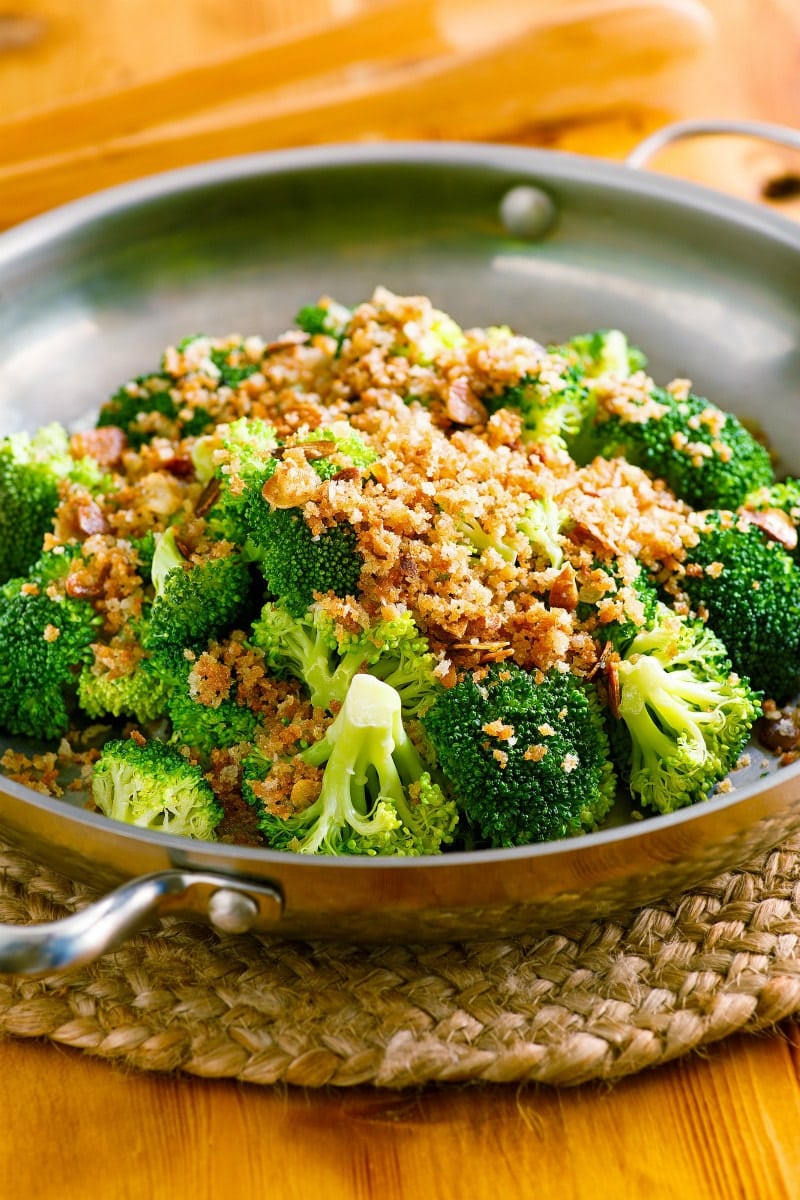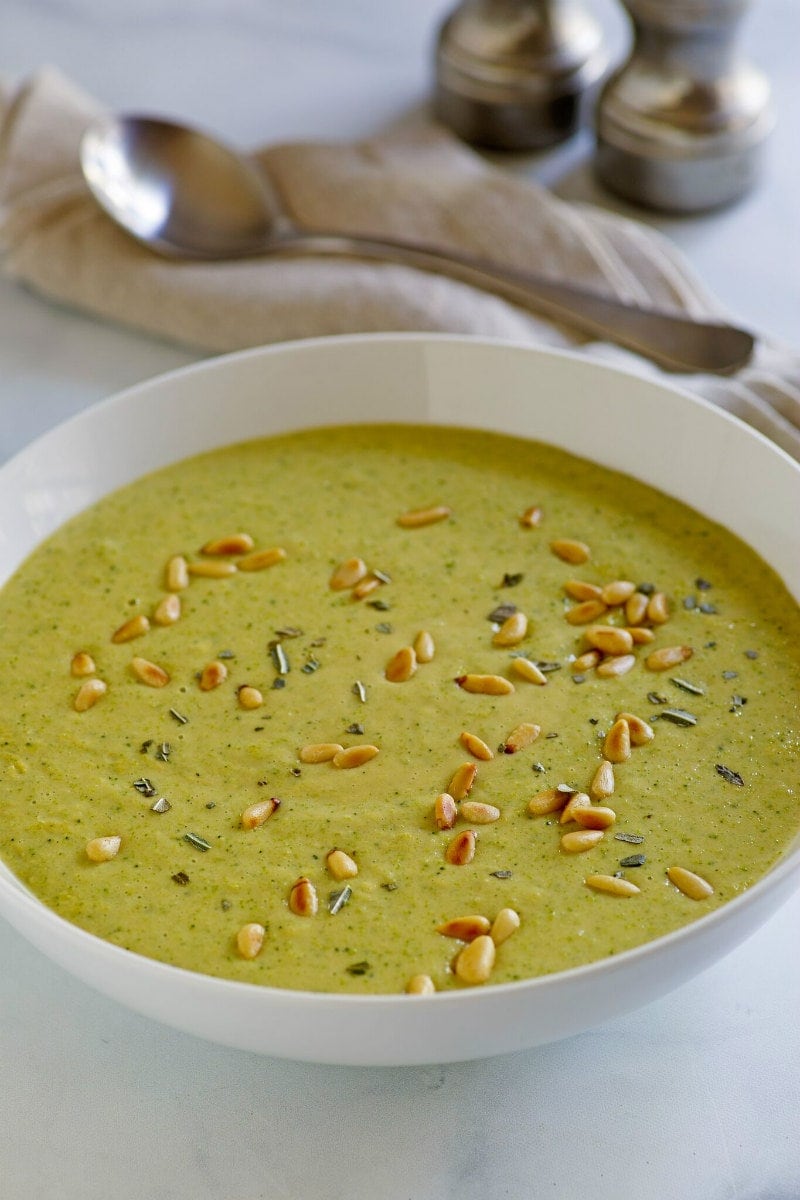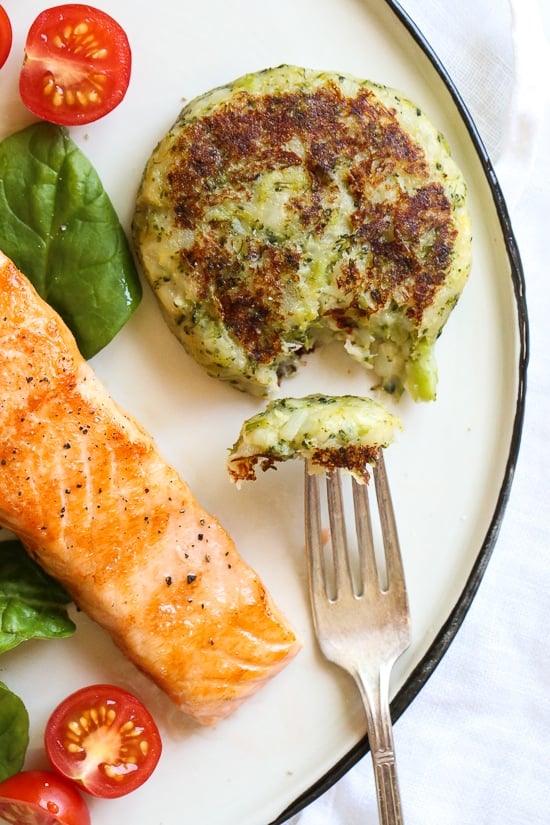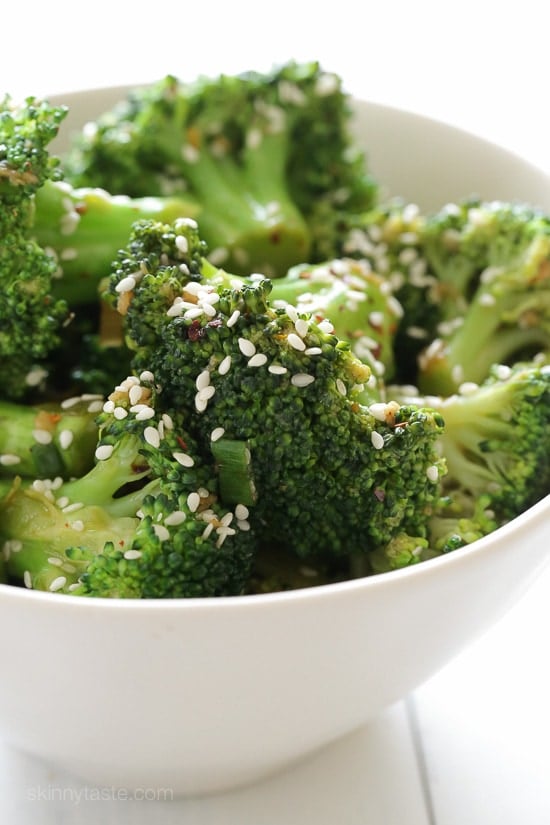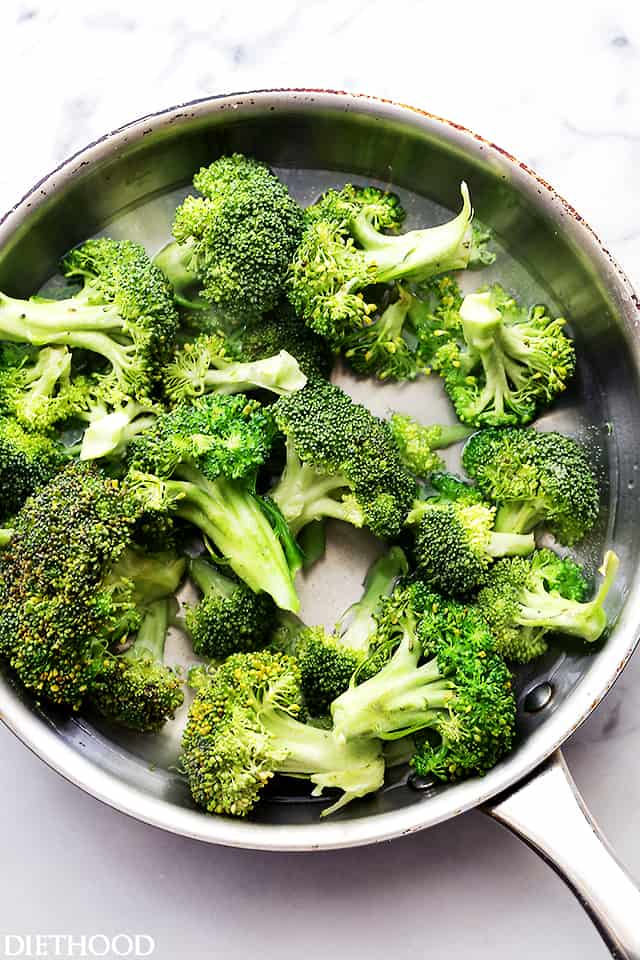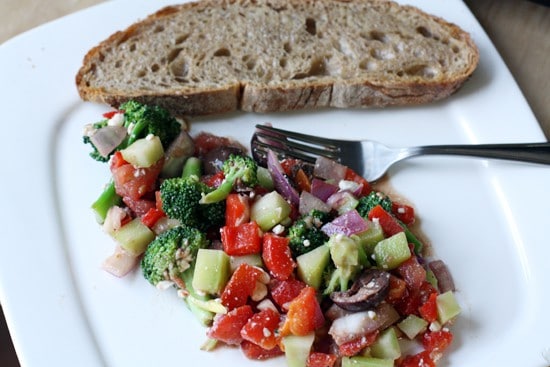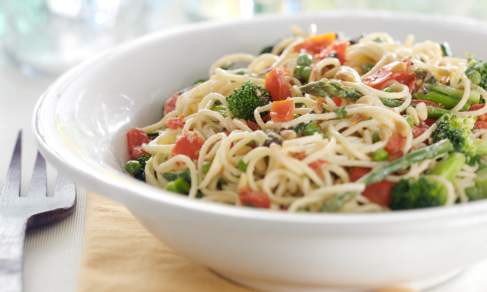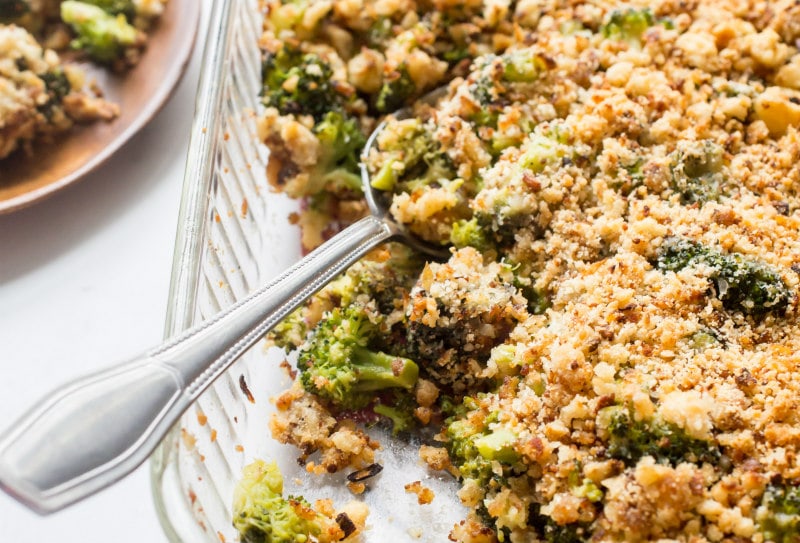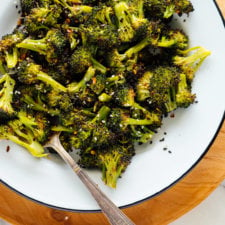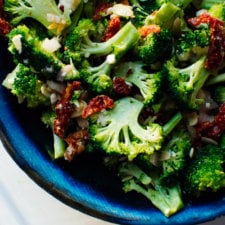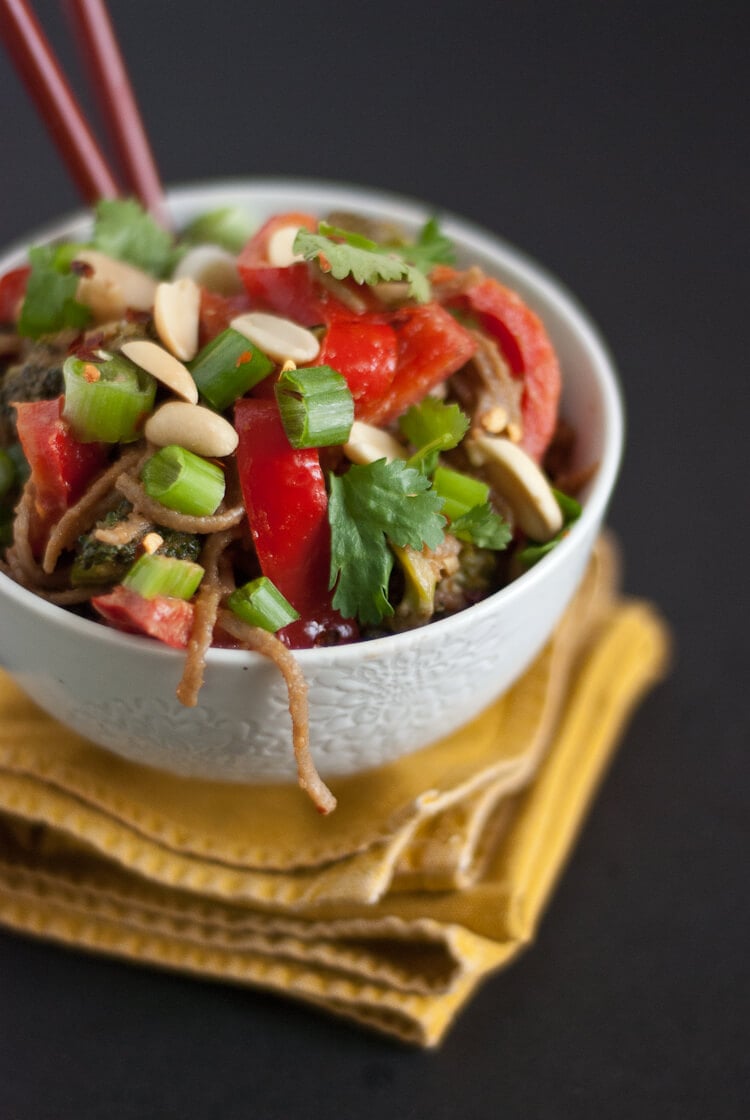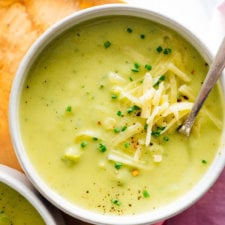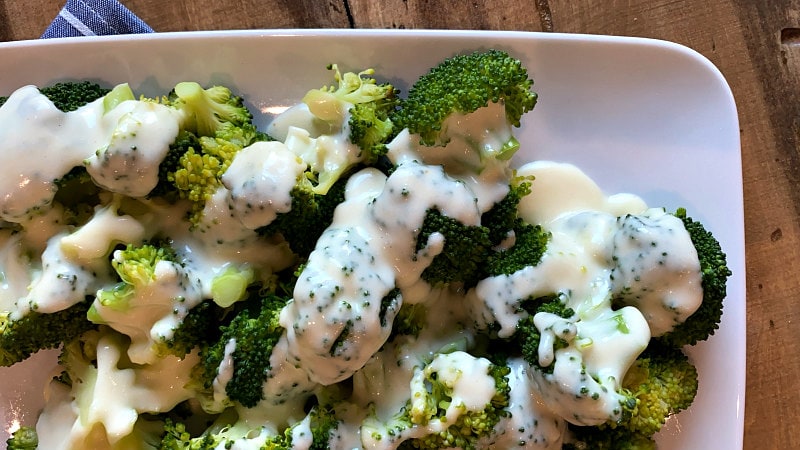Broccoli: Important Facts, Health Benefits, and Recipes
Explore the health benefits, history, and culinary uses of nutrient-rich broccoli, along with storage tips and substitutes in our ultimate guide to this superfood.

Best Broccoli Recipes
-
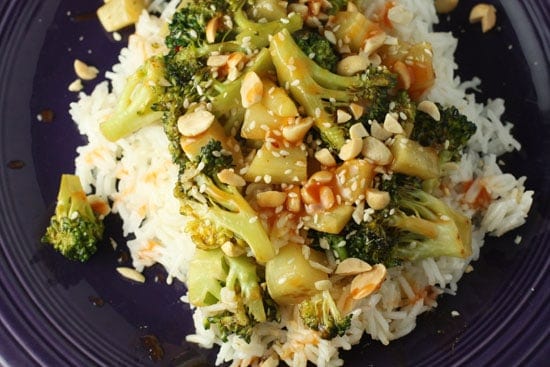
-

-
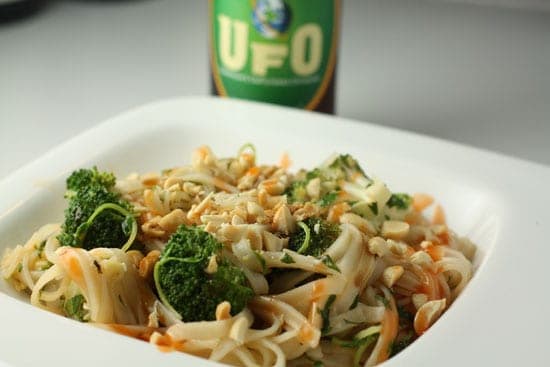
-
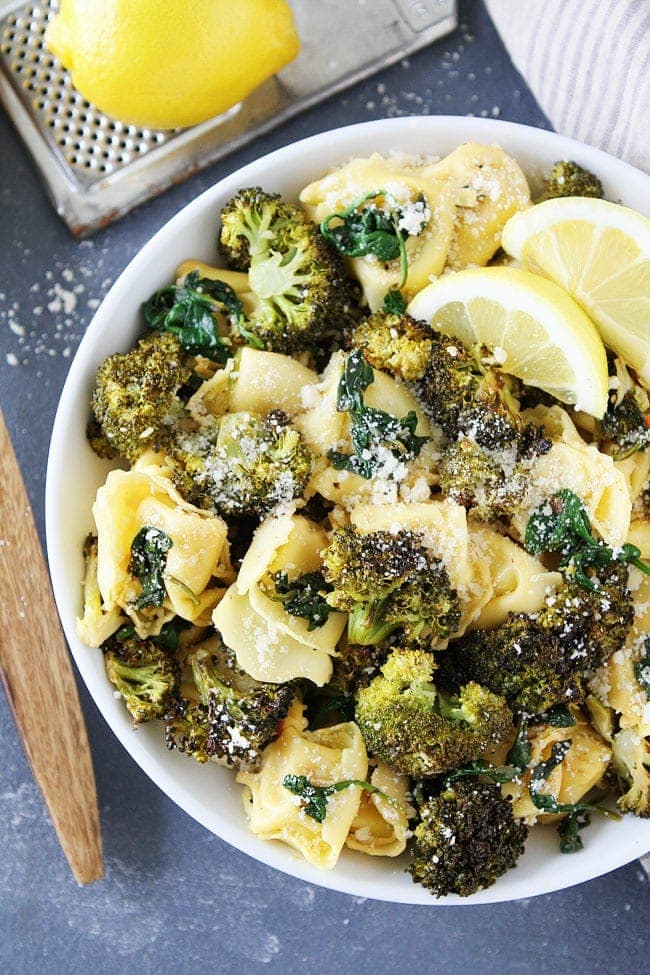
-
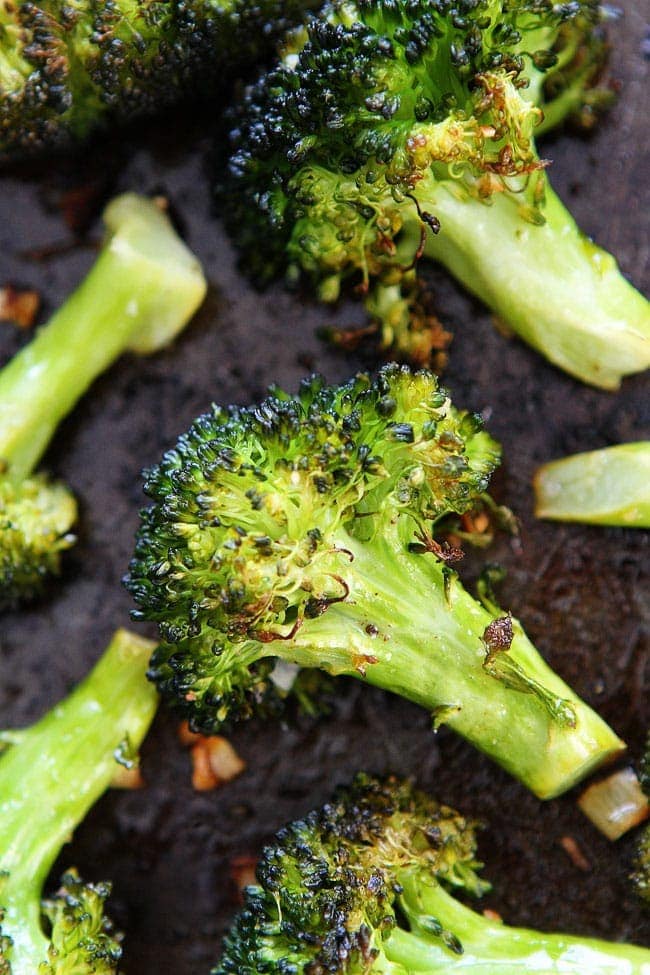
-

-

-
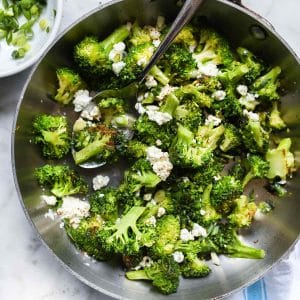
-
![Broccoli with Toasted Garlic Crumbs Image]()
-
![Creamy Broccoli Soup Image]()
-
![Potato and Broccoli Cakes Image]()
-
![Roasted Broccoli Parmesan Image]()
-
![Sesame Orange Broccoli Image]()
-
![Chicken and Broccoli Noodle Casserole Image]()
-
![Chicken Divan, Lightened Up Image]()
-
![Broccoli and Cauliflower Salad with Capers in Lemon Vinaigrette Image]()
-
![Shredded Buffalo Chicken Tacos Image]()
-
![Garlicky Steamed Broccoli Image]()
-
![Broccoli Gratin Image]()
-
![Mediterranean Broccoli Salad Image]()
-
![Broccoli Salad Image]()
-
![Simple Veggie Side Dish Image]()
-
![Healthy Cheese Board Recipe Image]()
-
![Pasta Primavera Image]()
-
![Lemongrass Curry Coconut Chicken Thighs Image]()
-
![Broccoli Gratin Image]()
-
![Perfect Roasted Broccoli Image]()
-
![Parmesan Roasted Broccoli with Balsamic Drizzle Image]()
-
![Goat Cheese Polenta with Roasted Vegetables Image]()
-
![Veggie Black Bean Enchiladas Image]()
-
![Spinach Pasta with Roasted Broccoli & Bell Pepper Image]()
-
![Quinoa Broccoli Slaw with Honey-Mustard Dressing Image]()
-
![Greek Broccoli Salad Image]()
-
![Balsamic Roasted Broccoli and Red Pepper Grilled Cheese Image]()
-
![Lemony Roasted Broccoli, Arugula & Lentil Salad Image]()
-
![Peanut Soba Noodle Bowl Image]()
-
![Spicy Sun-Dried Tomato and Broccoli Pasta Image]()
-
![Broccoli Cheese Soup Image]()
-
![Sheet Pan Turkey Meatloaf and Broccoli Image]()
-
![Broccoli with Cheddar Cheese Sauce Image]()
-
![Garlic Shrimp Pasta Image]()
-
![Broccoli Rice Casserole Image]()
-
![Instant Pot Broccoli Cheese Soup Image]()
-
![Broccoli Pizza Crust Image]()
-
![Easy Peanut Chicken with Veggies and Rice Image]()
-
![One Pan Broccoli Quinoa Skillet with Parmesan and White Beans Image]()
-
![General Tso's Tofu Image]()
-
![Broccoli Cranberry Salad Image]()


